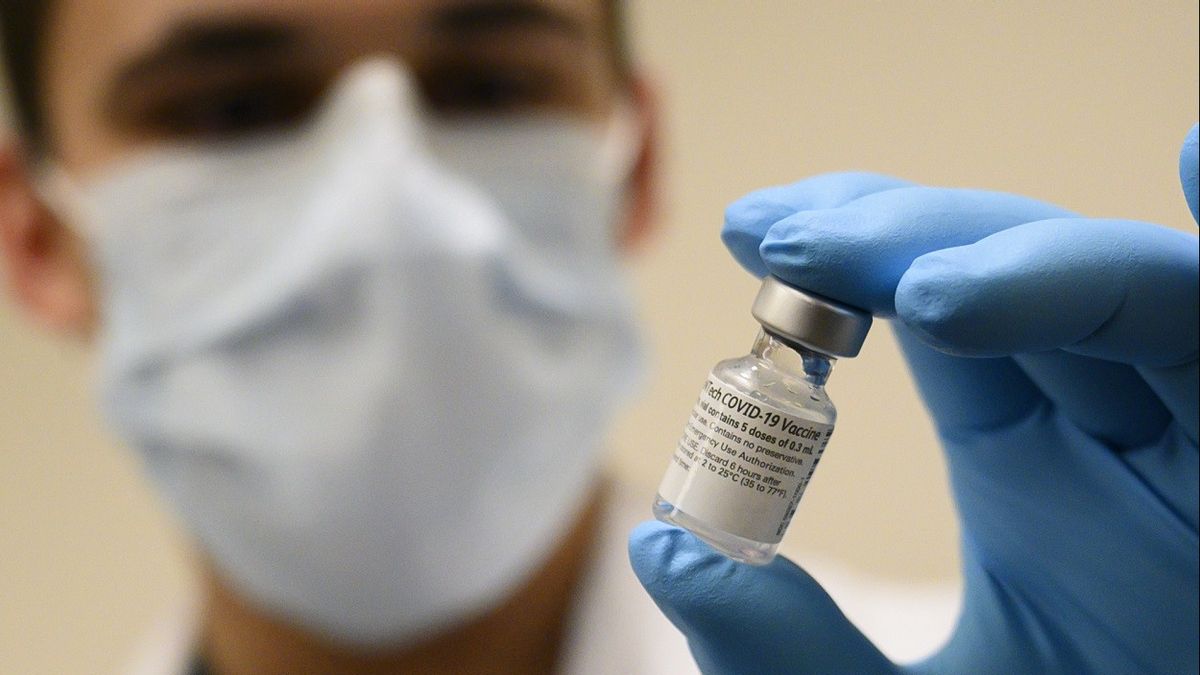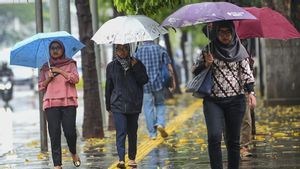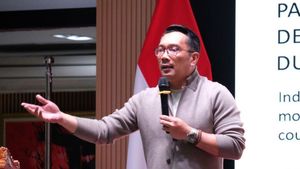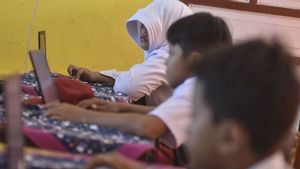JAKARTA - Israel is in talks with other countries about a deal to lower the surplus of Pfizer/BioNtech's COVID-19 vaccine, whose dose will expire at the end of the month, officials said on Sunday.
Prime Minister Naftali Bennett said he spoke with Pfizer CEO Albert Bourla about securing more vaccines for Israel, as well as a possible deal to swap vaccines between Israel and other countries, although he did not say which.
"Contacts are being handled by the Ministry of Health, Ministry of Foreign Affairs and the National Security Council," Israeli Prime Minister Naftali Bennett said, citing Reuters Monday, July 5.
Director General of the Israeli Ministry of Health Hezi Levi in an interview with Radio 103 FM said the vaccine will expire on July 31 and any deal must be approved by Pfizer.
He did not say how many doses Israel wanted to swap. However, the Haaretz newspaper put the number at around one million doses.
"We are negotiating with other countries. We discuss this vaccine issue day and night," Levi said without naming the country in question.

He said Israel had discussed this deal with Britain last week. But, he continued, no agreement has materialized and is 'a thing of the past'.
A Pfizer spokesperson said the company is happy to discuss potential Pfizer/BioNTech COVID-19 vaccine donation requests between governments on a case-by-case basis, especially if this helps ensure vaccines are used to protect people from the disease."
Last month, Palestinians rejected about a million doses from Israel, saying they were too close to the expiration date.
Israel is known to be one of the earliest countries to launch a COVID-19 vaccination program, with nearly 90 percent of the population over 50 having received the COVID-19 vaccine.
With infections dropping from more than 10,000 per day in January to single digits, Israel, with a population of 9.3 million residents, has lowered nearly all of its coronavirus restrictions.
But the increase in cases that started in mid-June, attributed to the more contagious Delta variant, could bring some of the restrictions back, Levi said.
Overall, about a fifth of all eligible Israelis do not yet have the vaccine, according to health ministry data.
Vaccination rates peak in January and gradually fall until June, when children aged 12 to 15 are eligible for the shot.
The spread of the Delta variant, particularly among schoolchildren, has prompted parents to vaccinate their children and the rate has increased fivefold since early June.
Levi said Pfizer's vaccine was about 85-88 percent effective against the Delta variant, a high number, but lower than its effectiveness against other variants.
He based the figure on British research as well as recent research by the health ministry. A ministry spokesman did not immediately provide further details about the study.
The English, Chinese, Japanese, Arabic, and French versions are automatically generated by the AI. So there may still be inaccuracies in translating, please always see Indonesian as our main language. (system supported by DigitalSiber.id)













